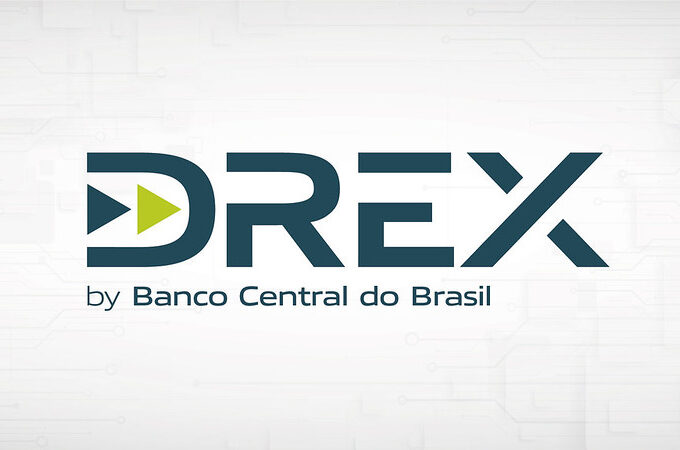
Argentina Implements Mandatory Registration for Crypto Firms
Argentina’s recent move to enforce registration requirements for cryptocurrency firms has stirred discussions within the global crypto community. The initiative, spearheaded by the Comisión Nacional de Valores (CNV), represents a significant step towards regulating digital asset service providers in the country.
According to CNV, cryptocurrency service providers must register with the government to operate legally in Argentina. Failure to comply with these regulations will result in the inability to conduct business within the country. This development aligns with recommendations from the Financial Action Task Force (FATF) and signals Argentina’s commitment to combating money laundering and the financing of terrorism.
The legislative groundwork for these regulations was laid when the Argentine senate approved modifications to anti-money laundering (AML) and combatting the financing of terrorism (CFT) laws. This move underscores the government’s proactive approach to addressing regulatory gaps in the crypto sector and promoting financial integrity.
Despite initial optimism surrounding President Javier Milei’s purportedly pro-Bitcoin stance, the implementation of these registration requirements has sparked disappointment among some cryptocurrency enthusiasts. Milei, who assumed office in December 2023, has faced criticism for advancing regulations perceived as restrictive to crypto adoption.
Critics argue that the mandatory registration process contradicts the vision of fostering a bitcoin-friendly environment akin to El Salvador’s groundbreaking adoption of Bitcoin as legal tender. Max Keiser, a prominent Bitcoin advocate and advisor to El Salvador President Nayib Bukele, expressed disappointment in Milei’s handling of crypto regulation, highlighting potential consequences for the country’s economic trajectory.
The immediate impact of these regulations is already evident, with users of the payment app Strike reporting limitations on fiat-to-bank transfers. This development underscores the practical implications of regulatory measures on financial services and consumer experiences.
While some view the registration requirements as a setback for crypto adoption, others see it as a necessary step towards enhancing investor confidence and attracting foreign investment. Proponents argue that regulatory clarity fosters a conducive environment for sustainable growth in the cryptocurrency market.
Looking ahead, stakeholders anticipate continued dialogue between regulators, industry participants, and the crypto community to navigate evolving regulatory landscapes effectively. While regulatory measures may introduce short-term challenges, they also present opportunities to establish robust frameworks that promote responsible innovation and investor protection.





